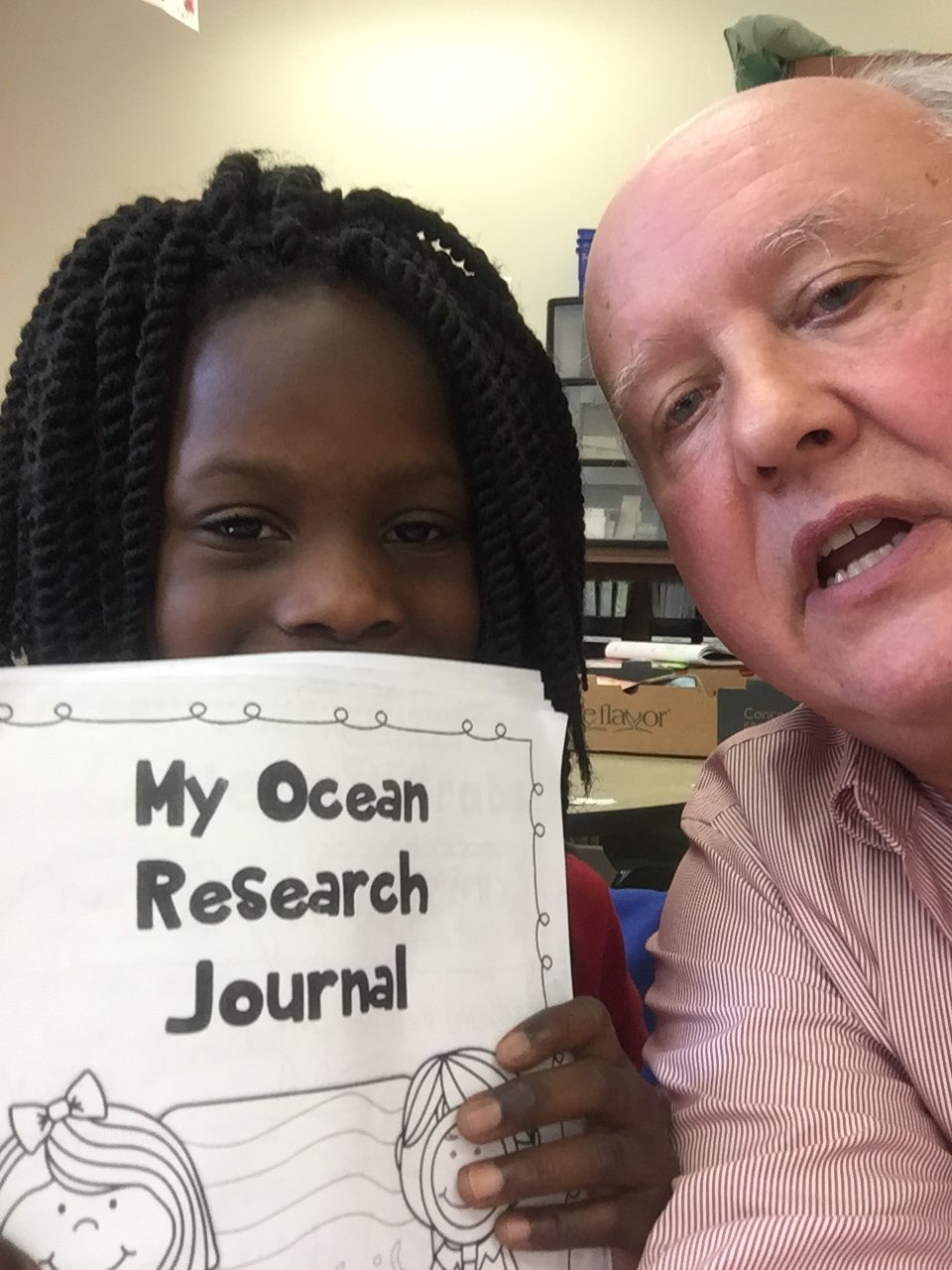Back in June, the Pandemic was causing concerns that students were suffering from the effects of online learning.
“A separate analysis of 800,000 students from researchers at Brown and Harvard looked at how Zearn, an online math program, was used both before and after schools closed in March. It found that through late April, student progress in math decreased by about half in classrooms located in low-income ZIP codes, by a third in classrooms in middle-income ZIP codes and not at all in classrooms in high-income ZIP codes.”
—New York Times, June 10, 2020
Low-Income Zip Codes
But now we are in October, 2020, and Mayor DeBlasio is shutting down hotspots in NYC. “Coronavirus News: Mayor proposes shutdown of nonessential businesses, schools in 9 New York City ZIP codes” (ABC NEWS, October 6, 2020). The pandemic’s spread, through disadvantaged neighborhoods is concerning. Unfortunately, these are the same low-income zip codes that suffered under the previous shut-down.
Schools That Pivot for Our Most Disadvantaged
So it seem obvious that schools who can respond to this crisis have figured out how to pivot, from online learning for all, to online learning for some and even in-school learning in the middle of a pandemic. However, our most at-risk students need special care and their learning must continue even in an emergency. The least at-risk students have resources and support and family who will pivot, or help them pivot, in any disaster. But our most at-risk students in disadvantaged schools located in low-income zip codes always need an advocate to help them pivot.
Nudging the System
Since I hold zero power in the school systems of today, let me nudge them to find an advocate for our struggling students. Who could that be? I think we can all agree that the lack of help during a pandemic is indicative of a school system that is in trouble already for failing to provide equal access to a high quality teacher for every child. They cannot pivot, and this is problem one, ground zero, and a civil rights issue. Problem two is continuity of care: where ever that child goes, or whatever happens to the school and the country, schools need to reach out and care for their most vulnerable learners. We already provide food to these children during this pandemic, so let’s provide the same level of quality care for their learning gains. Who will be an advocate for that?




